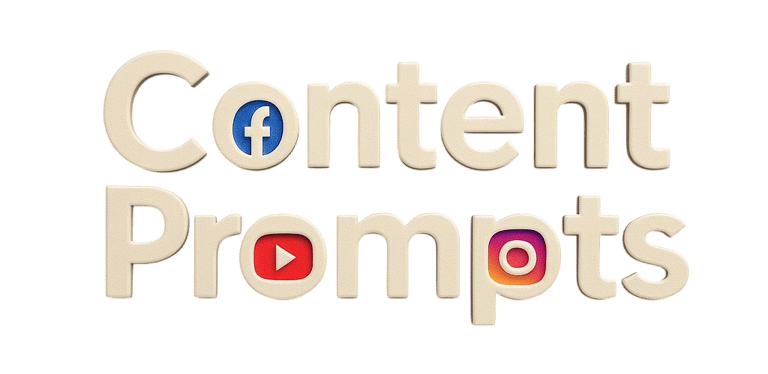Unlocking Business Transformation Through Digital Marketing
Explore how digital marketing is reshaping traditional business models with innovative strategies, real-time analytics, and personalized Marketing Strategies.


Unlock Business Transformation through Digital Marketing
Explore how digital marketing is reshaping traditional business models with innovative strategies, real-time analytics, and personalized customer journeys in this ultimate 2025 playbook. Business models have been fundamentally reshaped by the digital revolution—especially post-2020. Today, digital marketing is no longer a supporting function; it’s the engine driving growth, innovation, and scalability across every industry. In 2025, agility, data, personalization, and omnichannel presence define business success. This blog explores how digital marketing is transforming business models and how you can build your own playbook to stay ahead.
What Is Digital Marketing in Today’s Business Landscape?
Digital marketing encompasses the strategies, tools, and channels used to promote products or services through digital technologies. Unlike traditional marketing, it’s measurable, interactive, and adaptive. Businesses now leverage AI-powered personalization, real-time analytics, SEO, social media, influencer campaigns, and more to connect with customers in ways that are cost-effective and far-reaching.
Core Ways Digital Marketing Is Reshaping Business Models
1. Data-Driven Decision Making
Data is now the backbone of modern marketing. Tools like Google Analytics, HubSpot, and AI-driven dashboards empower businesses to:
Track campaign performance in real time
Understand customer behavior
Forecast future trends. These insights lead to smarter investments and faster pivots.
2. Personalized Customer Experiences
Today’s consumers expect tailored content and interactions. Businesses are using behavioral data and automation tools to:
Deliver personalized email journeys
Recommend products based on past behavior
Segment audiences for targeted campaigns. This personalization boosts conversions and builds loyalty.
3. Cost-Effective Customer Acquisition
Digital marketing reduces customer acquisition costs (CAC) through:
Organic SEO
Targeted paid ads (PPC)
Influencer and referral marketing. This democratizes growth for startups and SMEs, enabling lean models to compete with industry giants.
4. Expansion into Global Markets
Digital tools remove traditional geographic barriers. With multi-language SEO, localized content, and global social campaigns, companies can:
Enter new markets quickly
Adapt offers for local cultures
Scale with reduced overhead
5. Agile and Scalable Business Models
Digital marketing enables companies to adopt agile business models, shifting quickly based on demand signals. It supports:
Subscription and DTC eCommerce models
Automated onboarding and nurturing funnels
Scalable outreach with limited human resources
Case Examples of Digital Marketing Transformation
Shopify: Powering Entrepreneurs Globally
Through education, SEO, and a robust digital ecosystem, Shopify enables small businesses to launch and grow globally.
Netflix: Precision Content Strategy
Netflix analyzes user data to craft personalized viewing experiences—combining storytelling with precision marketing.
Coca-Cola: Digital-First Global Campaigns
From interactive ads to AR experiences, Coca-Cola uses digital marketing to unify global campaigns while adapting locally.
Top 2025 Trends Driving Digital Business Transformation
AI & Generative Content Tools – Automating blogs, ads, and personalization
Voice Search Optimization – Adapting content for Alexa, Siri, and Google Assistant
Short-Form Video Dominance – TikTok, YouTube Shorts, Reels
Influencer & UGC Growth – Building brand trust through communities
Sustainable & Ethical Marketing – Transparency and value alignment
Building Your Own Digital Marketing Playbook
To digitally transform your business:
Audit your current model and customer journey
Set up clear digital KPIs (CPL, ROAS, CAC, LTV)
Invest in tools like CRMs, CMS, email automation, SEO tools
Align content strategy with search intent, UX, and platform behavior
Regularly test, analyze, and optimize
Challenges and How to Overcome Them
Skill Gaps: Upskill teams with digital certifications
Data Privacy: Stay compliant with GDPR, CCPA, etc.
Tool Overload: Choose integrated platforms over siloed apps
Change Resistance: Educate teams and show quick wins
Future Outlook: What’s Next in Digital Business Models?
The future is about hyper-personalization, immersive experiences, and decentralized platforms. Expect innovations like:
AI-driven predictive content
Web3 commerce integration
AR/VR marketing in metaverse spaces
Smart contracts for loyalty and referral systems
Conclusion
Digital marketing isn’t just a tool—it’s a strategic business pillar that transforms how companies attract, engage, and retain customers. Whether you're a startup or an enterprise, building your own Digital Marketing Playbook ensures you stay relevant, scalable, and competitive in the digital age.
The time to adapt is now. Start shaping your transformation journey today.
FAQs
Q1: How does digital marketing help transform traditional business models?
By integrating digital tools and channels, businesses shift from one-size-fits-all models to personalized, data-driven, and agile operations.
Q2: What industries are being most transformed by digital marketing?
Retail, entertainment, healthcare, education, and real estate are among the top industries undergoing transformation.
Q3: How can small businesses adapt to digital marketing trends?
Start with SEO, social media, and email marketing. Use affordable tools and focus on customer-centric content.
Q4: What tools should I include in my digital marketing stack?
Essentials include a CRM (like HubSpot), SEO tool (like Semrush), email automation (like Mailchimp), CMS (like WordPress), and analytics (like Google Analytics).
